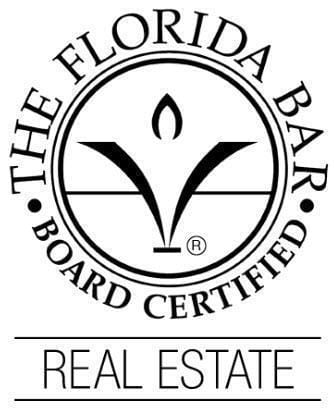When it comes to selling or renting out housing, the Fair Housing Act protects renters and buyers from discrimination. According to the U.S. Department of Housing and Urban Development, most homes, apartments and other forms of housing must abide by the Fair Housing Act.
However, there may be exemptions for some owner-occupied buildings, private clubs or religious organizations.
Protected classes
If you buy or rent property, an owner cannot discriminate against you based on the following:
- Race
- National origin
- Religion
- Color
- Disability
- Sex
When it comes to sex, building owners cannot discriminate against gender, gender orientation or sexual orientation. Property owners cannot use tactics to intimidate or harass anyone based on gender or sexuality. Sexual harassment also constitutes discrimination under the Fair Housing Act.
Common protections
Housing discrimination may include a person refusing to negotiate with others or making the housing unavailable to prevent them from applying. For example, if an owner has a property on the market, he or she may claim the property as unavailable to prevent someone from applying. Likewise, no person can make an ad for a property that restricts who can apply. If building owners indicate a preference for gender, sexuality, race or other classes, this may be housing discrimination.
Blockbusting is another form of discrimination. In blockbusting, agents may alert a neighborhood that housing prices may drop because of minority encroachment. They do this to encourage people to sell their homes.
When purchasing or renting property, you should never feel threatened based on your nationality, race, religion, disability or sex. You also cannot face intimidation based on protecting your rights.




